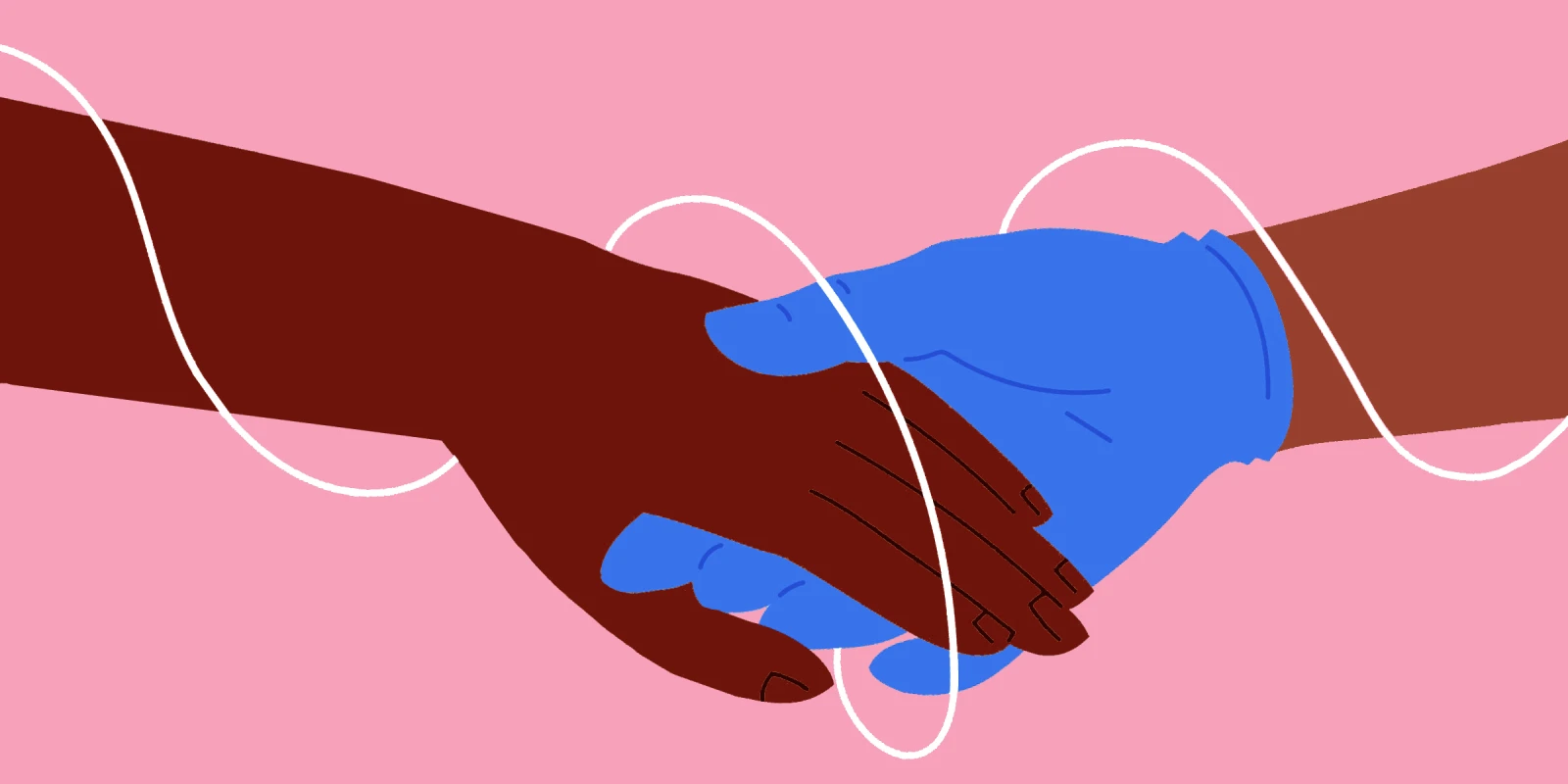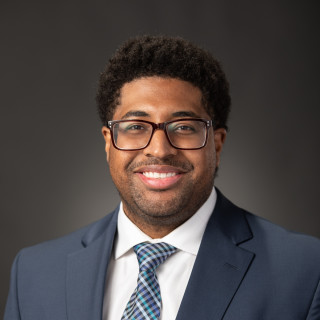I walked into her room and she bid me good morning. Before I had the chance to introduce myself as her doctor, she asked me if I could remove her empty plate of breakfast. I agreed, but only if she would allow me to ask her a few questions and examine her abdomen. At this point, I could see the change on her face as she started to realize I was not one of the maintenance workers, but instead, her doctor. But just to be sure, I introduced myself as the primary doctor who would be taking care of her during her hospital visit. Her face blushed red from embarrassment and she profusely apologized for incorrectly assuming my role in her care. I chuckled and, in an attempt to lessen her guilt, told her no apology was necessary, as she was not the first patient who had assumed I was the janitor.
As I proceeded with my questioning and examination, I could sense this doctor-patient interaction would be a little different. She seemed overly joyous and willing to answer all my questions in great detail, even to the point of clarifying and asking several times if she had sufficiently answered my questions. She openly admitted that there were some things that she was now telling me about the events that led to her hospitalization that she did not disclose to the “supervising” (attending) physician she met yesterday. This raised an eyebrow for me, as it was usually the other way around — patients occasionally withholding some key information from the trainee that they would later disclose to the attending physician. This is something I playfully coined amongst my colleagues as the “attending effect.” I’ve theorized this happens due to a variety of reasons: the patient perceives the resident as lacking the knowledge to address their ailments; the attending’s better history and physical examination skills; patients not wanting to repeat their answers multiple times; or patients simply remembering additional information when the attending physician examines them.
I probed a little further and asked her why she was reluctant to share some of this information with the attending physician, although by that point I had enough information to make an educated guess. She said she just was not “comfortable,” but before she could further elaborate, her husband confirmed what I was thinking and proudly exclaimed, “You know, you’re the first Black doctor we’ve seen who’s taken care of either of us in our 10-plus years of coming to this hospital.”
This similarity was clearly meaningful to both the patient and her husband. As African Americans, they seemed to have a higher level of comfort in being taken care of by me, an African American physician. As I concluded my examination, I could tell they had additional questions based on the excitement on their faces, so I gave them free reign to ask me several more personal and profession-related questions:
Where are you from?
Where did you go to medical school?
What made you want to do medicine?
Are you accepting new patients in clinic?
When did you move to the area?
Are you married?
How long have you been practicing medicine?
None of these questions were meant to challenge my qualifications as a physician, but instead, were a manifestation of the ease and comfort the patient and her spouse had developed with me in a short period of time. I answered their questions one by one and they listened, fully engaged, like proud grandparents. As the conversation drew to a close, they reiterated how proud they are of me for all that I had accomplished, and how ecstatic my parents must be of my career path. Although this resulted in me leaving the room 20 minutes later than I had expected to, it was time well spent, bringing about a much more personal connection. From a practical perspective, developing this personal connection results in a higher level of trust that extends beyond the confines of the doctor-patient relationship, which leads to a more forthcoming patient, and ultimately, potentially better plans. There was also a sense of gratification in knowing that the patient would willingly share her most personal medical information, not because I was a knowledgeable doctor or could take a good history and physical or wore a white coat, but because I simply looked like her. The connection instantly brought about a more personal layer to the doctor-patient relationship — in many ways, simulating the “attending effect.” As I left the room, I told the patient I would check on her later in the afternoon, picked up her breakfast plates, and put them in the catering cart.
What factors or approaches have helped enhance your patient-physician relationships? Share your experiences in the comment section.
Dr. Abdillahi M. Omar is Chief Resident at the Detroit Medical Center - Wayne State University Diagnostic Radiology residency program. He is also an MBA candidate at the University of Michigan Stephen M. Ross School of Business. He enjoys weightlifting, mixed martial arts, PC gaming, and is a blockchain technology and cryptocurrency enthusiast. Dr. Omar is a 2022–2023 Doximity Op-Med Fellow.
Image by fedrelena / Getty







